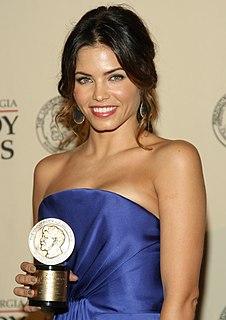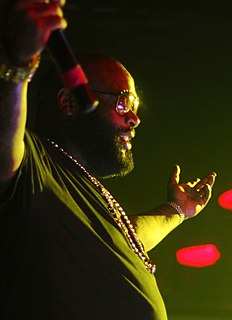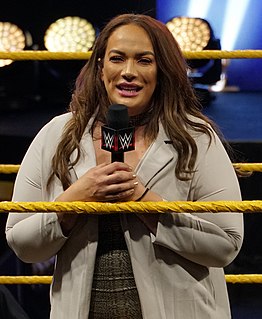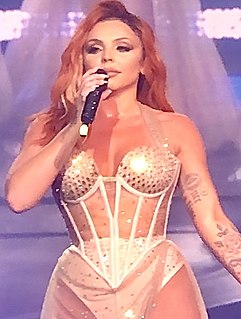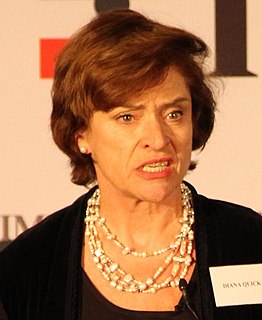A Quote by Paul Bettany
I was bullied about everything, from the way I looked to the fact that my father had been a dancer.
Related Quotes
I think people felt like they did everything they had been told they should do to fix the problem, and it still wasn't fixed. Then you have these other parts of Sudan, [which] in actual fact have been left on the back burner for way too long, so there was this scramble, probably a year ago now, to focus on the fact that this peace agreement was basically falling apart.
For a moment, I wondered how different my life would have been had they been my parents, but I shook the thought away. I knew my father had done the best he could, and I had no regrets about the way I'd turned out. Regrets about the journey, maybe, but not the destination. Because however it had happened, I'd somehow ended up eating shrimp in a dingy downtown shack with a girl that I already knew I'd never forget.
And that really captures the difference for the bullied straight kid versus the bullied gay kid, is that the bullied straight kid goes home to a shoulder to cry on and support and can talk freely about his experience at school and why he's being bullied. [...] And I couldn't go home and open up to my parents.
In the weeks since I had made the decision to leave my father's house, I had grown up. And I had learned that not every battle can be fought by firing an arrow from a bow. But I would have to face whatever new challenges came my way as bravely as I had faced the Huns. I could not wallow in self-pity, thinking about what might have been. I had to do my duty. It was the only way to stay true to myself.
My father couldn't speak English when he went to the first grade and I had to work in a factory over Christmas and summer vacations. And I think that's the American way and one of the things that excites me about this race is that pretty much everything I've done I've started at the bottom and been able to finish at the top.

